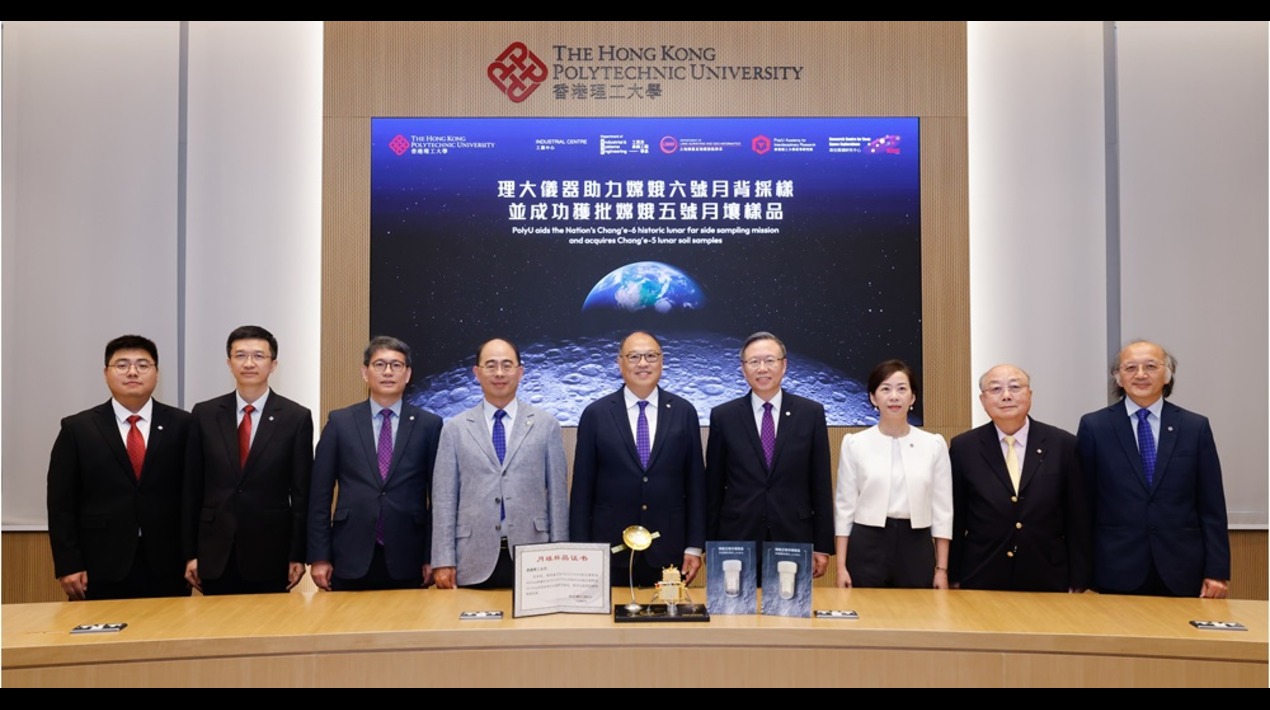
Big data is driving fundamental transformation across all
industries and sectors, and finance is no exception. With the proliferation of
mobile devices and rapidly increasing share of digital transactions, financial
institutions are striving to make sense of the massive volumes of data being
generated and captured to understand their customers and predict their needs, so
as to serve them better. Around the globe, they are also under increasing
regulatory pressure to improve risk reporting and controlling money laundering
and fraud.
As a leading bank in Asia, DBS encounters these
issues and hence, it started moving towards becoming a data-driven organisation
a few years ago, taking smart decisions based on data and not instincts.
However, the company’s traditional technology stack for
supporting advanced analytics was expensive to scale and not flexible enough to
support this work.
With Cloudera as a
partner, DBS built
a central data team and enterprise data hub, enabling DBS to scale out more
economically, and experiment more. The agility of the platform allows the bank
to explore use cases and iterate easily and quickly, without the need to worry
about ROI and build an investment case beforehand.
With the ability to more easily store and analyse billions
of events in a modern data platform, DBS can answer questions before they’re
asked to more effectively engage customers and deliver better service.
This has enabled DBS staff to experiment more and be on the
forefront of innovation when it comes to understanding the customer experience
and applying human-centered design to its services.
For instance, machine learning can be used to understand customer
sentiments. All calls to the bank’s call centres are recorded. They can be
converted to text and then machine learning algorithms can be used on the
analytics platform to understand sentiment. Problems can be flagged so that the
bank can reach out to the customers.
Ultimately behavioural information and machine learning, in
combination with biometrics, could even enable ‘invisible authentication’,
where a customer no longer needs to provide many supporting documents or use a
physical device for transactions or answer questions like, ‘What is your
mother’s maiden name’.
In a video interview
with Wee Wu Neo from The Neo Dimension, David Gledhill, Head, Group
Technology and Operations, DBS explained that the use of data goes beyond to
customers. The transformation to a data-driven organization has significantly
improved operations across the organisation.
Data can be used to find out where fraud is happening in the
company. To take a specific use case of this type, trade financing is highly
prone to fraud. To deal with this, DBS started looking at data other than
invoices and transactions to predict the possibility of fraud.
“You look at things like ship movements. If you know the
typical movement patterns of goods from one port to another, then anomalous
goods movement or timing that doesn’t look like typical timing for that type of
transaction or a behavioural shift in importers or exporters or in warehousing,
signals where potentially fraudulent trade might be going on,” Mr Gledhill said.
Data analytics can predict the likelihood of a relationship
manager quitting within the next three months, so that HR staff can intervene early
to retain employees. Data can tell the audit department which branch might have
issues and should be audited next.
Operational staff can understand and predict customer flows,
ATM load, and call centre volumes using data. In fact, one of the first big
data projects DBS embarked upon was figuring out the sequence in which ATMs
should be filled. The bank went from hundreds of instances of ATMs running out
of cash to single digit numbers.
The bank also moved its financial risk information and data
required for regulatory reporting on to the Cloudera platform to simplify
reporting.
Mr Gledhill said, “We’ve applied it to a whole range of
different use cases and every single one, we see a massive uplift in terms of
the base case that we normally do.”
This has also been aided by the huge active worldwide community
of Hadoop contributors. It includes not just individuals but also tech giants,
such as Netflix, Amazon and Facebook (the platform itself was inspired by
technologies created inside Google). So, the platform keeps evolving and
improving steadily and DBS can build on the contributions made by this vibrant
community.
DBS wanted to make the data analytics capabilities available
to everyone in the bank, as opposed to having a separate team of data scientists
or little pockets of analytics.
However, the oft-repeated cliché of technology being easy
and the ‘people’ aspect being hard was true.
The more difficult part was opening up people’s minds to the
possibilities. The first few use cases played a key role in overcoming
scepticism. They generated a high level of interest and enthusiasm among
different teams within the bank. They began to explore how they could leverage
analytics in their area.
All this improvement in services and operational efficiency
has been achieved while reducing costs.
Mr Gledhill said, “We’ve seen anything in the region of 80%
reduction in operating cost in a much shorter build time. The real big benefit
lift though is the benefit it provides to the business. If you look at our
digitally engaged customers, we see material lift in how much revenue a digital
customer brings to the bank.”
This is an ongoing journey and DBS expects Cloudera to help
them continue along the path towards deeper, better insights.
Content from Cloudera customer success
story on www.cloudera.com and video
interview at The Neo Dimension.





















